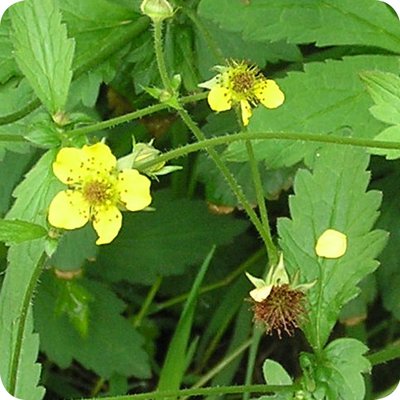Thoughts for the Day
Saturday, 26th July 2025: The weeds among the wheat
Matthew 13 Teaching Parable Weeds Wheat
Reading : Verses from Matthew's Gospel, Chapter 13

Jesus put before them another parable: ‘The kingdom of heaven may be compared to someone who sowed good seed in his field; but while everybody was asleep, an enemy came and sowed weeds among the wheat, and then went away. So when the plants came up and bore grain, then the weeds appeared as well. And the slaves of the householder came and said to him, “Master, did you not sow good seed in your field? Where, then, did these weeds come from?” He answered, “An enemy has done this.” The slaves said to him, “Then do you want us to go and gather them?” But he replied, “No; for in gathering the weeds you would uproot the wheat along with them. Let both of them grow together until the harvest; and at harvest time I will tell the reapers, Collect the weeds first and bind them in bundles to be burned, but gather the wheat into my barn.”’
(Lectionary, New Revised Standard Version)
Thoughts
Our garden is what I call a "blowsy garden" with big swathes of flowers coming up in due season and then dying back to allow other things to flower. There is no soil as such because everything is root-bound. At first it was full of rogue blackberries, now mostly under control, but two other weeds want to take-over. The first is 'wood avens' (see picture) which produces burrs that stick to everything (particularly cats) and which ping open throwing out seeds. The second is 'cleavers' which smothers everything with sticky tendrils. I cull them both when they are large enough to identify and before the next season.
Jesus used the Parable of the Weeds to teach us a powerful lesson about good and evil. This world is not perfect, and his story would have resonated with the people. The weed mentioned is 'darnel', which closely resembles wheat, and is sometimes called 'false wheat'. It grows to a similar height but its seed heads are more slender than wheat. However it's poisonous if eaten, and was sometimes planted maliciously to destroy a neighbour's crop. The image of someone creeping in at night to do their evil work in secret, is powerful.
The parable speaks to us of the way that evil (the darnel) in our world can sometimes appear no different to goodness, initially. Think of someone raising money for charity who ultimately steals the money! The parable emphasises the importance of discernment (of asking whether something has a good outcome for instance) and even more of patience. In our world good and evil live side by side, because God's Kingdom is not yet complete. but Jesus teaches us that while God in His mercy allows both to exist for a time, ultimately He will bring us all to Judgement.
Prayer
Lord Jesus Christ,
You taught Your disciples
about evil and goodness in the world;
that sometimes evil masquerades as goodness;
that we should measure outcomes against
Your words about loving others;
and that ultimately we should have patience,
knowing that all will be brought to Judgement
at some time in the future.
Amen.
You might like to read this:
Or play this: